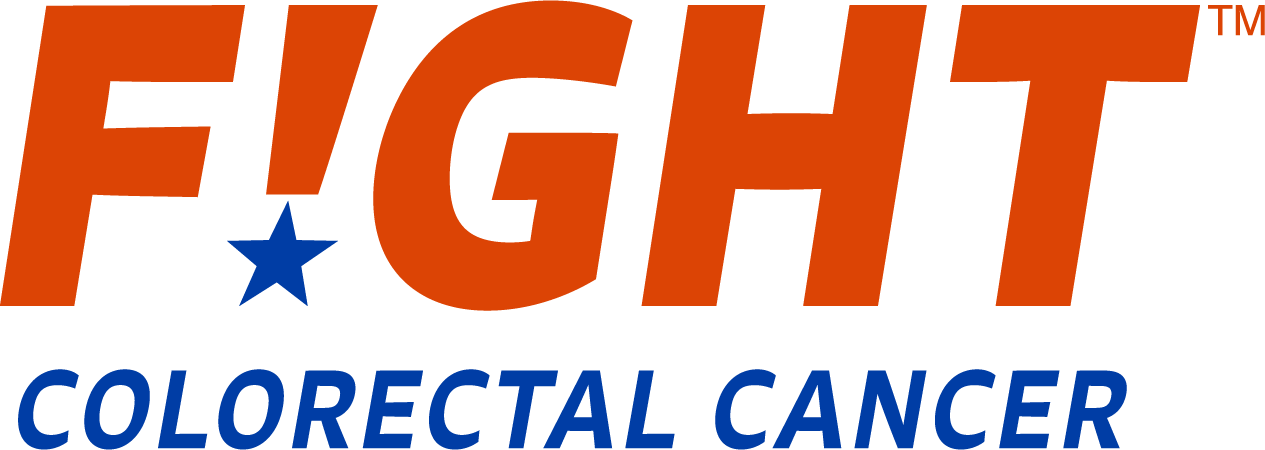
Fight CRC Hosts International Symposium to Address Rise in Early-Age Onset Colorectal Cancer

Andrea Dwyer spoke with CURE® about the symposium and why it is important to raise global awareness around the increasing rate of early-age onset colorectal cancer.
Fight CRC hosted its virtual global symposium on June 11, to combat early-age onset colorectal cancer (EAO-CRC).
“People are showing up for the science, showing up for the information,” Andrea (Andi) Dwyer, advisor to Fight CRC Research and Patient Education and director of the Colorado Cancer Screening Program (CCSP) at the Colorado School of Public Health, said in an interview with CURE®. “The bigger thing is: How do we join in as an international community to really study this work together?”
Dwyer spoke about the need to raise global awareness around the increasing rate of EAO-CRC, and what patients can take away from initiatives like the virtual global symposium.
CURE: Can you discuss the need to raise more awareness around EAO-CRC, especially from a global standpoint?
Dwyer: So worldwide, particularly in developed countries, we see colorectal cancer on the rise. On some level, we're trying to understand if this is in its own right, a worldwide pandemic of the sort. What are the things that are causing this and what's happening? To give you an idea, in the U.S. alone, since the mid 1990s, colorectal cancer has basically increased by about 51% in those who are under age 50. Since that timeframe, we’ve seen a huge increase in the numbers.
It’s really unsettling on some level that we're seeing this rise and there's not anything that we can quickly and fully attribute it to. We've also seen incrementally people who are younger than age 55 that we have had an increase in about 2% per year. So, it's just getting worse on some level. And again, this is global. I mean, if you use the U.S. rates, that's also what we're seeing worldwide, particularly in developed countries.
Can you tell us about the global symposium?
The meeting was really to pull in people and global leaders to talk about further advancing their research initiatives around understanding more about causation, etiology, as well as how do we manage from a public health, as well as a clinical standpoint? How do we manage care for these people around earlier detection, as well as understanding if there's anything different about their cancers from the average-risk population, which are people who are 50 and over?
What are you hoping is the key takeaway for patients and advocates?
Most advocates who came are either survivors who can share their stories. But unfortunately, people who came are also parents, siblings, spouses of people who've passed away. And I think that that's hard because they've lost people who are in the prime of their lives or maybe even didn't get to early adulthood.
Advocates came, on some level, because it’s cathartic to come to see something's being done about the work. Hearing this information, being able to share their story about why it's important. And then how do they become super activated folks to be able to share their story and help advocate towards policy and for research, as well as better health care opportunities. They’re the most effective and ignited group of people that we have to drive public and provider awareness, as well as for us to be on the ground to advocate because, you know, colorectal cancer in general, is something that people are advocating for, and we're pushing for curative therapies.
There's something even more emotional when people are really robbed of the best years and most of their life. This is a group that, when coupled with the information and data that they need, as well as their own stories in their own passion, they're the best advocates that we have on the ground.




